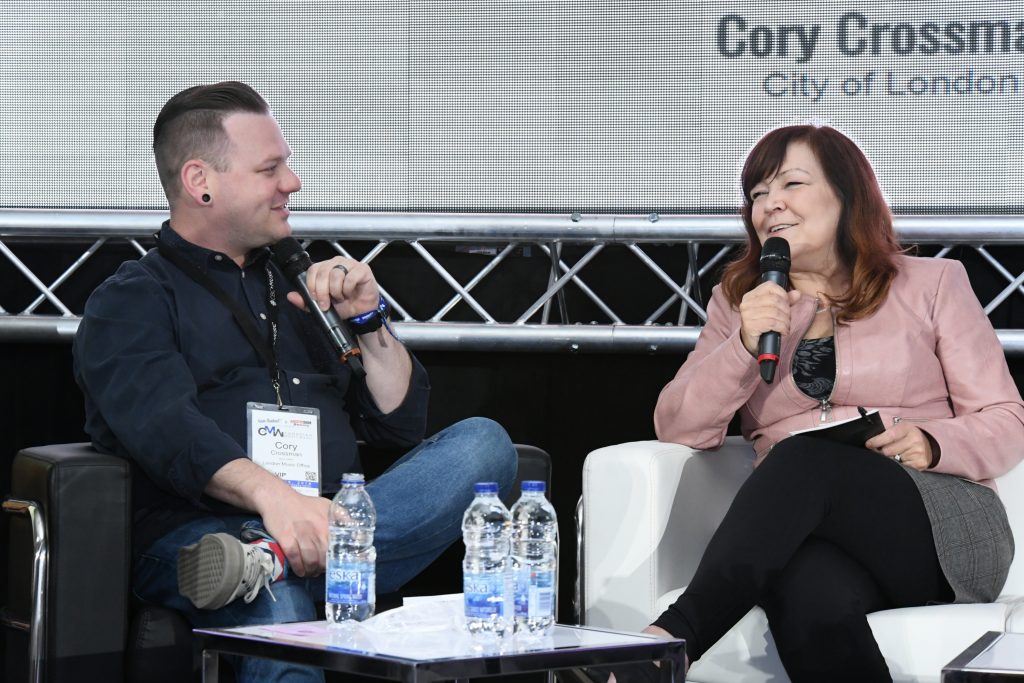The Smithers District Chamber of Commerce and the Bulkley Valley Community Arts Council, located in British Columbia, have begun working to create the town’s first comprehensive music strategy. The group hosted a social on May 30th to bring together key stakeholders in the local music industry, and help secure their involvement in the strategy development.
The impetus to begin this project arose out of a Music Cities Toolkit that Music Canada custom-built last spring for the Canadian Chamber of Commerce’s network of over 450 chambers of commerce and boards of trade. The Toolkit was designed to provide Canadian chambers of commerce with a roadmap and guide to activate the power of music in their city.
“We as a group decided we need a music strategy, and we need to understand how music contributes to our economy here in the Bulkley Valley before we can start marketing ourselves as ‘Smithers: the Music City,’” Project Coordinator Liliana Dragowska told The Interior News.
The group received funding through Creative B.C’s Industry Initiatives Program. As Dragowska described, the group began working on the early stages of the strategy that was introduced to attendees at the May 30th event.
A Smithers District Chamber of Commerce release from March 2018 listed the key goals of the Smithers music strategy as:
- Gather information to assemble a Smithers music sector inventory that will inform a website. The website will be developed through the Northern Development Initiative Trust’s Marketing Community Development Fund.
- Gather preliminary economic information that will create a baseline for all things music.
- Conduct a Strength, Weakness, Opportunity and Threats analysis of the music sector in Smithers.
- Draft focused recommendations on how to strengthen and grow the music sector in the Smithers area.
According to Chamber Manager Heather Gallagher, the music strategy will include 16 total recommendations aimed at three types of stakeholders: the local government, Chamber of Commerce, and those within the local music community.
The final version of the music strategy will be presented to the Smithers town council on June 26th, 2018.


Music Canada